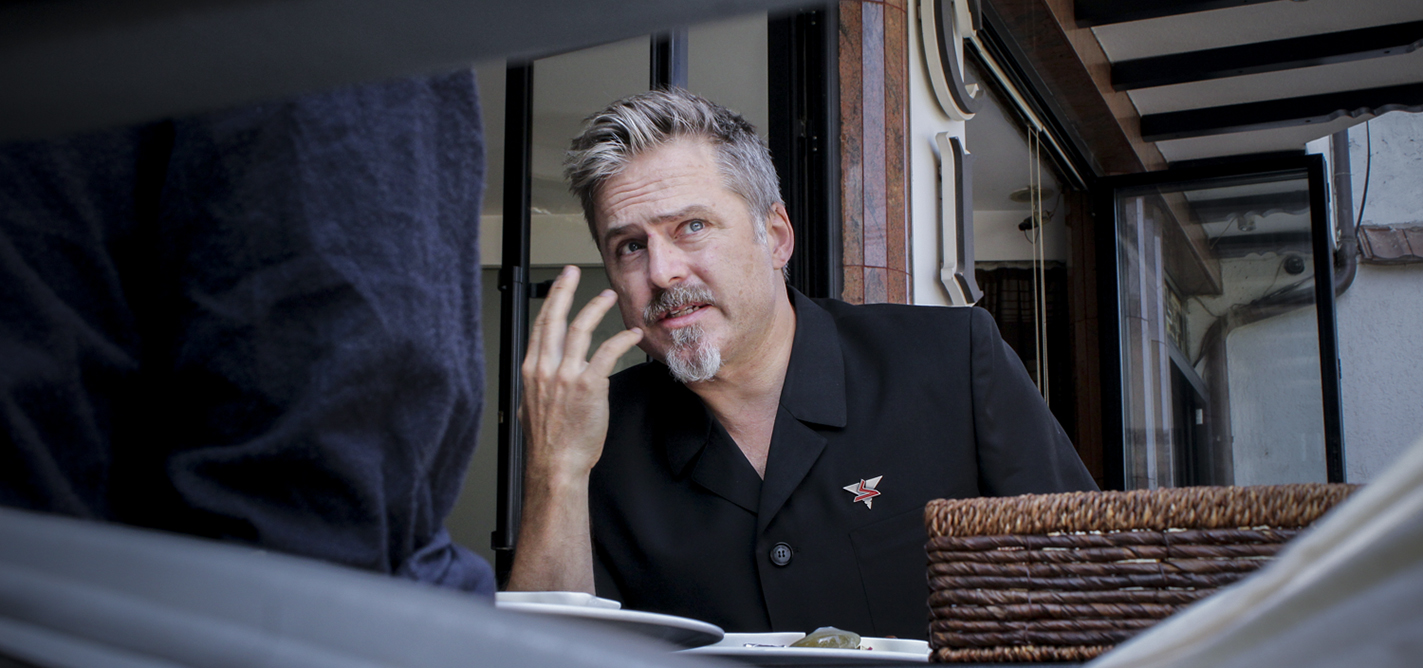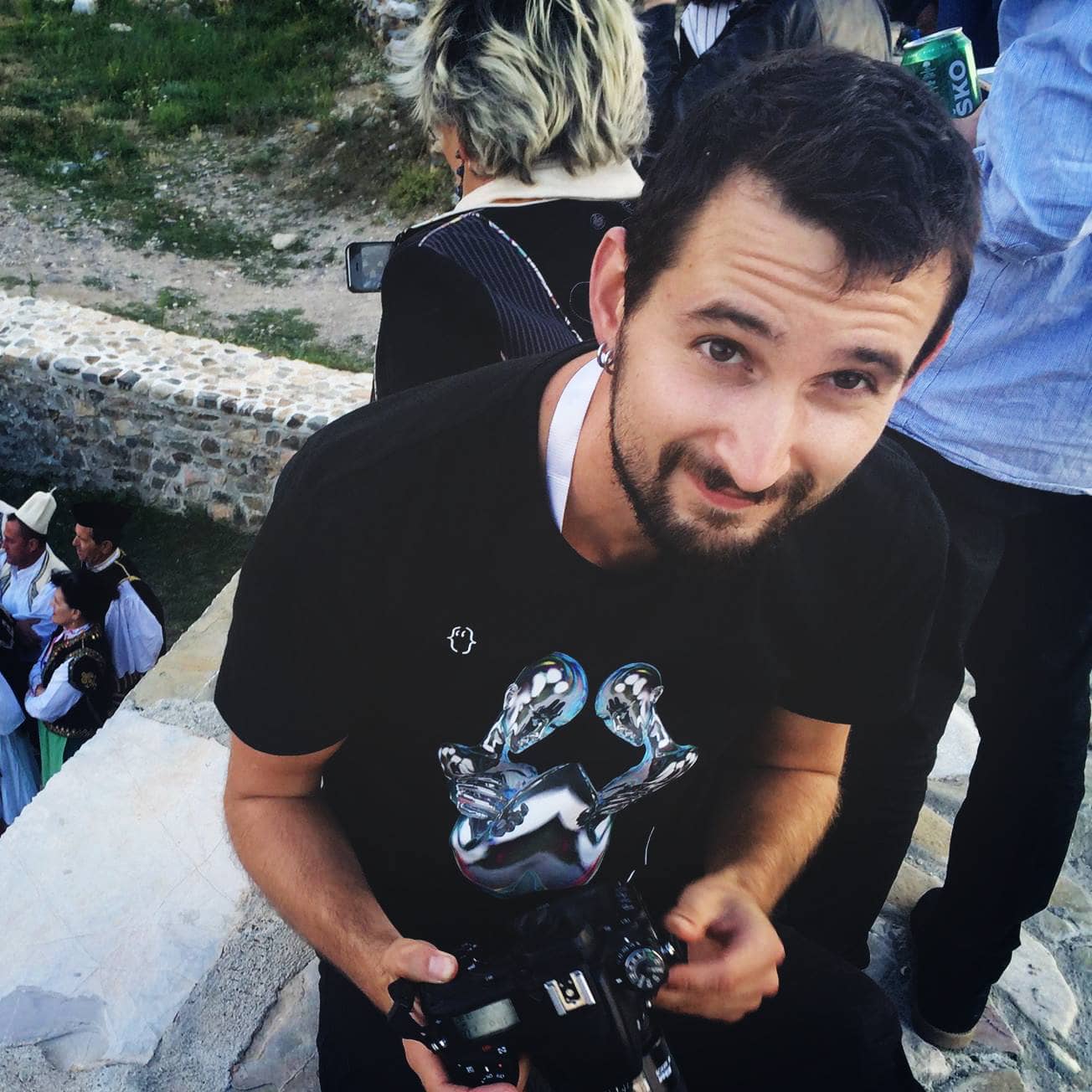
Morten Traavik: ex-Yugoslav industrial music is a better alternative to drone bombing
“Liberation Day” director talks North Korea, boycotts, ‘TotalKunst’ and Yugoslavia.
|09.08.2017
|
You can’t measure unpretentious, small exchanges by some implicit standard that anything you do in North Korea should lead to the crumbling of the state in the foreseeable future.

Jonny Wrate
Jonny Wrate is a writer and documentary researcher based in Sarajevo.
This story was originally written in English.